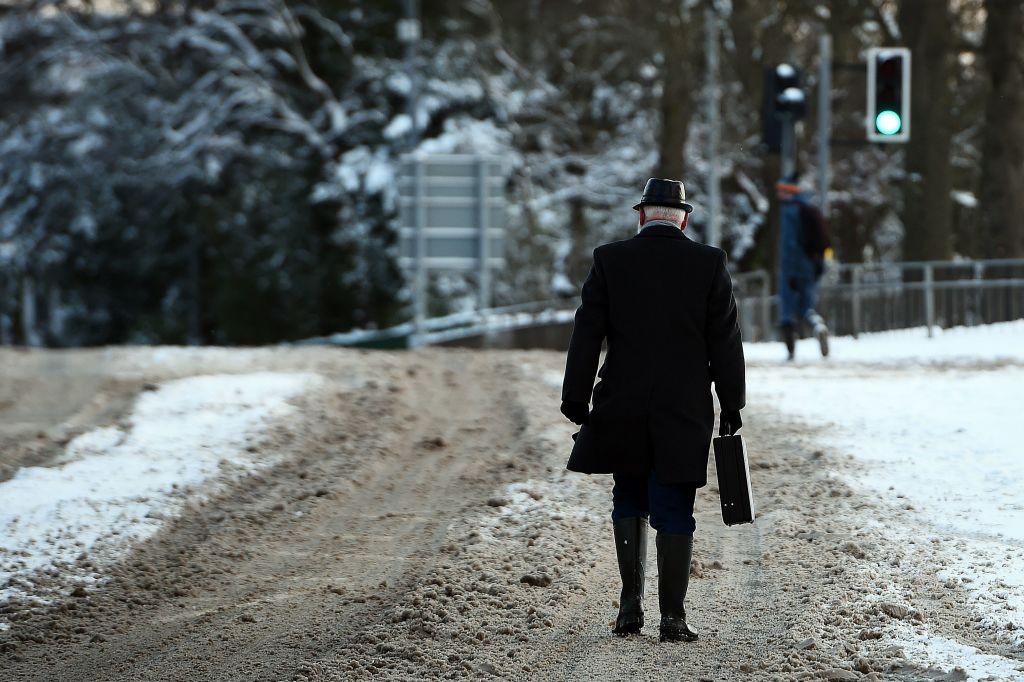As Europe heads into the winter season, colder-than-expected temperatures might pose a challenge to the energy security situation on the continent.
According to space technology company Maxar Technologies, a major portion of continental Europe is set to see colder weather over the next two weeks which would be higher than earlier forecasts. On Dec. 3, temperatures in the German capital city of Berlin are projected to drop to as low as -3.5 degrees celsius (26 degrees F), according to Maxar, cited by Bloomberg.





